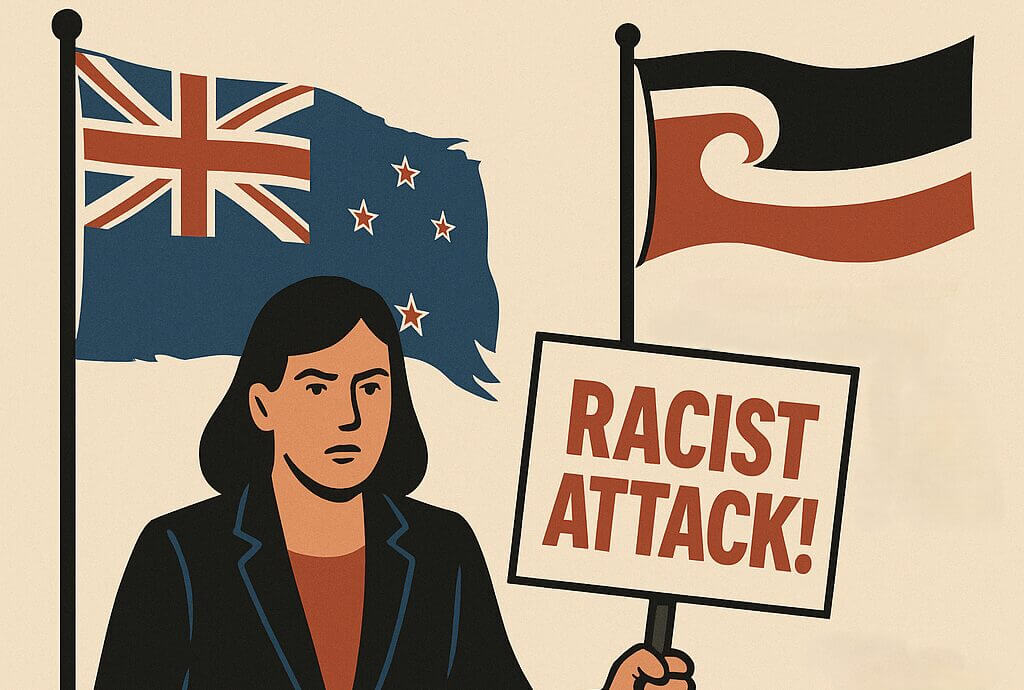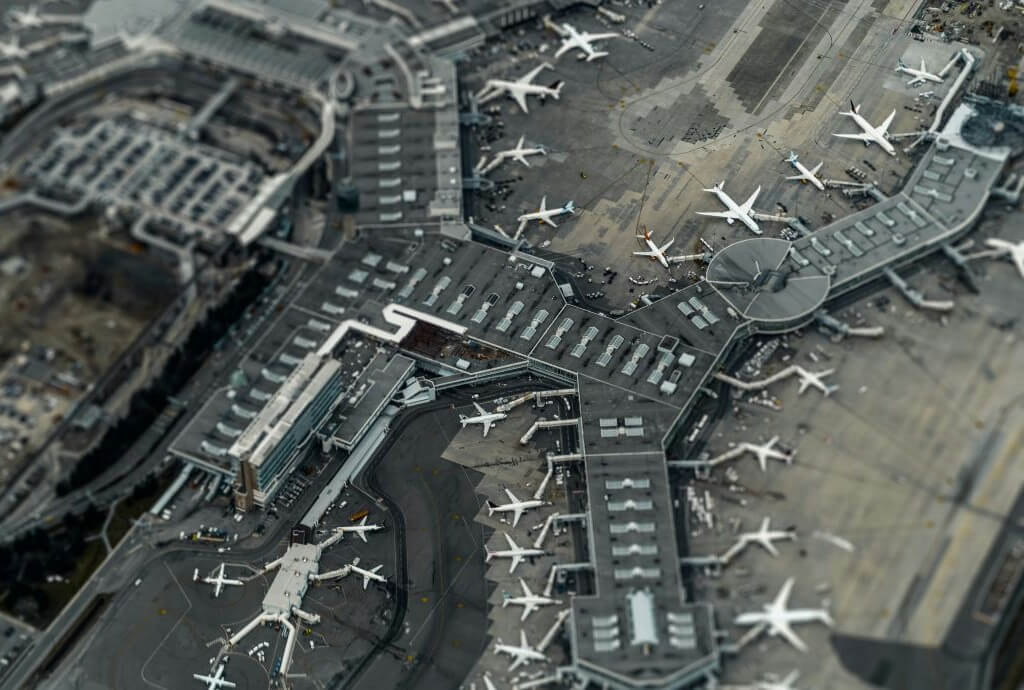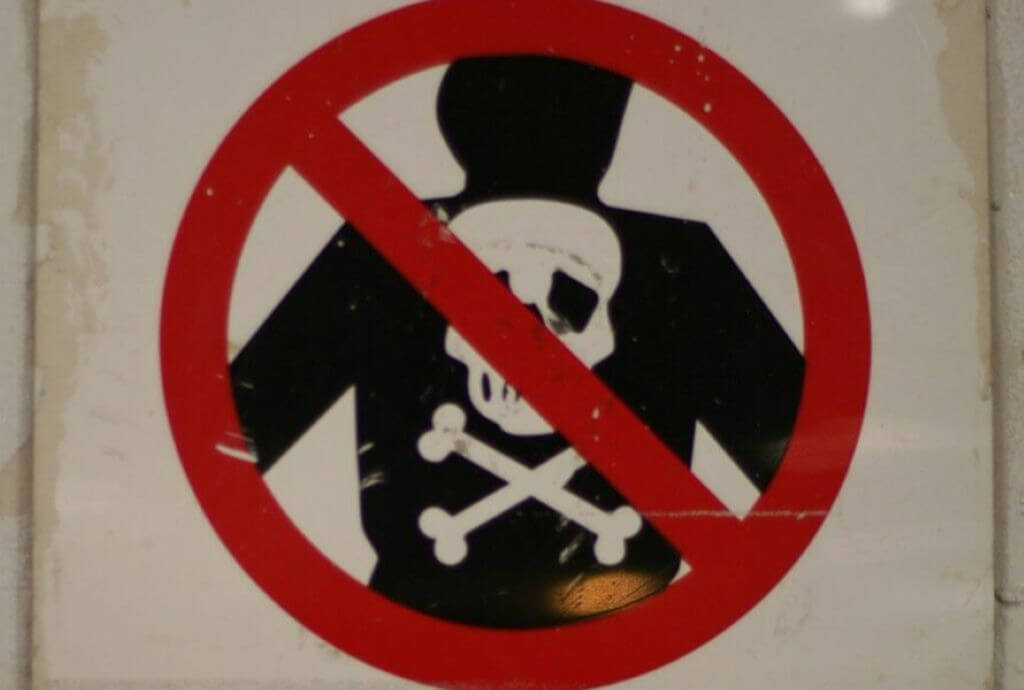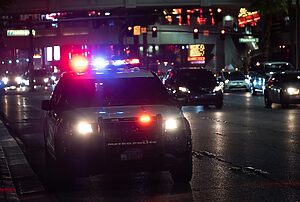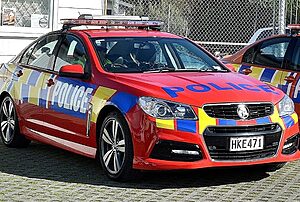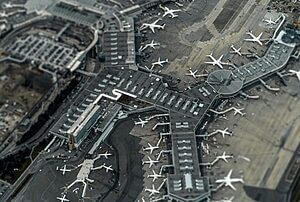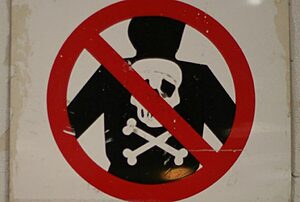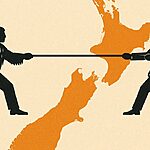In brief:
- RNZ immediately framed the flag removal as a racist attack without offering another side.
- The only voice quoted is the iwi spokesperson, whose accusations go untested.
- There’s no mention of the flags’ political meaning or links to Te Pāti Māori insiders.
- RNZ is publicly funded. Shouldn’t it know better than to pitch political spin as news?
From reporting to rallying cry
RNZ Māori news journalist Layla Bailey-McDowell reported that Ngāti Tukorehe’s flags were taken down in what the iwi described as a blatant and violent racist attack and an act of terrorism.
None of these claims were challenged, which should be Journalism 101, especially when the taxpayer is footing the bill.
There is no effort to distinguish allegation from fact, no second voice, no attempt at balance. RNZ allows inflammatory accusations to stand uncontested.
The only person quoted is iwi spokesperson Tipi Wehipeihana. He speaks with confidence about the motives of people who have yet to be identified.
There is no alternative interpretation, and no suggestion that this could be an act of political vandalism rather than racial hatred.
Symbol or flashpoint?
The flags of Tino Rangatiratanga, He Whakaputanga, and Toitū Te Tiriti were erected in support of the Te Pāti Māori-linked Hīkoi mō Te Tiriti protests against ACT’s Treaty Principles Bill.
These flags are not neutral cultural emblems. They are symbols of a highly polarised political movement.
Notably, the Toitū Te Tiriti flag has clear links to Te Pāti Māori. The flag is produced by a private company owned by Kiri Tamihere, daughter of John Tamihere and wife of Te Pāti Māori co-leader Rawiri Waititi, according to official documents. This flag is overtly political and partisan, and at $55 each, it is marketed as the “ONLY official Toitū Te Tiriti” flag, making it also a commercial product.
None of this context appears in RNZ’s reporting.
Immediately framing it as racist terrorism rather than simple political vandalism keeps the temperature high and the outrage flowing. It’s a far more useful narrative for activists looking to capitalise on grievance and victimhood than admitting it might just be a flag fight that got out of hand. And RNZ should have known that.
Missing voices, missing context
The story makes no effort to situate the incident alongside similar acts of political vandalism. When protest signs linked to Groundswell or the anti-vaccine mandate movement were damaged or removed, RNZ typically framed them as civic tensions. Those stories did not mention hate crimes or terrorism. The double standard is obvious.
Police confirmed they received a report of wilful damage and are making enquiries. That detail appears near the end of the article, well after RNZ has irresponsibly allowed claims of racial violence to dominate the narrative.
